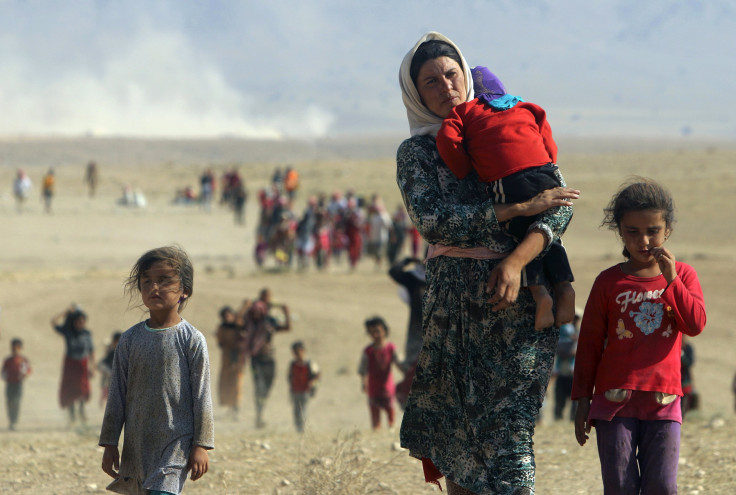One-third of all women face sexual or physical violence, but education has positive impact: UN Report

The World’s Women 2015, released by the UN Statistics Division, shows that women around the globe live longer and healthier lives with more access to education. There have been improvements in several areas of the lives of women and girls around the world over the last 20 years. However, gender-based discrimination and violence against women are still common.
The report came just after the newly adopted UN Sustainable Development Goals, which highlighted an objective to end all forms of discrimination against women and girls to establish complete gender equality, in its Goal 5. The World’s Women 2015 draws attention to the need for gender equality and establishes relationships between different indicators used to measure it. UN Secretary-General Ban Ki Moon said at a recent public event on the margins of the Sustainable Development Summit, “We cannot achieve our 2030 Agenda for Sustainable Development, without full and equal rights for half of the world’s population, in law and in practice,” reports the UN News Centre.
Developing nations continue to show stark disparities against women. Globally, more than half of the primary school-age children who are out of school are girls. Two-thirds of the world’s illiterate adults are also women, a ratio largely unchanged over two decades. Unfortunately, over one in every three women worldwide has experienced some form of physical and/or sexual violence at some point in their lives. Feminist movements worldwide are encouraging women and men to see sexual violence as unacceptable, however, 60 percent of all women victims across the globe still do not report it or seek help.
However, there are a few positives. According to the report, life expectancy has risen continuously, currently at 72 years among women and 68 years among men, across the world. Global maternal deaths had also declined by 45 percent between 1990 and 2013. The gender gap has also narrowed in primary education, with girls performing better than boys after enrolment, in two-thirds of the countries.
“Far too many women and girls continue to be discriminated against, subjected to violence, denied equal opportunities in education and employment, and excluded from positions of leadership and decision-making,” Ki Moon said.
Contact the writer at feedback@ibtimes.com.au, or let us know what you think below





















